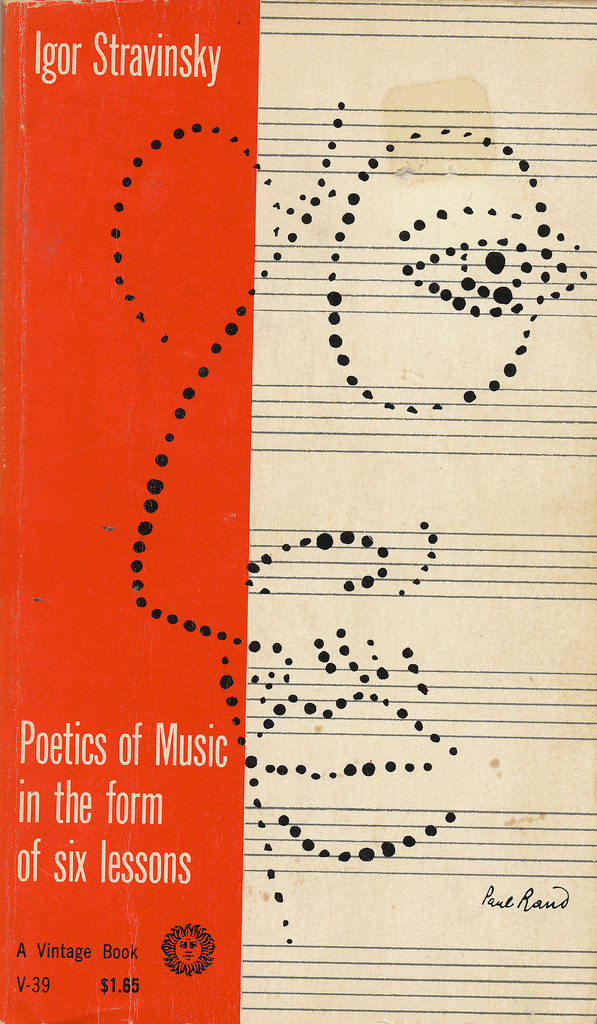Alexander Kluge: Temple of the Scapegoat: Opera Stories (2018)
Filed under fiction | Tags: · opera

“Combining fact and fiction, each of the one hundred and two tales of Alexander Kluge’s Temple of the Scapegoat (dotted with photos of famous operas and their stars) compresses a lifetime of feeling and thought: Kluge is deeply engaged with the opera and an inventive wellspring of narrative notions. The titles of his stories suggest his many turns of mind: “Total Commitment,” “Freedom,” “Reality Outrivals Theater,” “The Correct Slowing-Down at the Transitional Point Between Terror and an Inkling of Freedom,” “A Crucial Character (Among Persons None of Whom Are Who They Think They Are),” and “Deadly Vocal Power vs. Generosity in Opera.” An opera, Kluge says, is a blast furnace of the soul, telling of the great singer Leonard Warren who died onstage, having literally sung his heart out. Kluge introduces a Tibetan scholar who realizes that opera “is about comprehension and passion. The two never go together. Passion overwhelms comprehension. Comprehension kills passion. This appears to be the essence of all operas, says Huang Tse-we: she also comes to understand that female roles face the harshest fates. Compared to the mass of soprano victims (out of 86,000 operas, 64,000 end with the death of the soprano), the sacrice of tenors is small (out of 86,000 operas 1,143 tenors are a write-off).””
Translated by Isabel Fargo Cole, Donna Stonecipher, and Martin Chalmers
Publisher New Directions Publishing, New York, 2018
ISBN 9780811227483, 0811227480
xii+193 pages
Reviews: Publishers Weekly (2018), Kirkus Review (2018).
Comment (0)Kyle Gann: Robert Ashley (2012)
Filed under book | Tags: · avant-garde, biography, composition, music, opera, performance, theatre, video

“This book explores the life and works of Robert Ashley, one of the leading American composers of the post-Cage generation. Ashley’s innovations began in the 1960s when he, along with Alvin Lucier, Gordon Mumma, and David Behrman, formed the Sonic Arts Union, a group that turned conceptualism toward electronics. He was also instrumental in the influential ONCE Group, a theatrical ensemble that toured extensively in the 1960s. During his tenure as its director, the ONCE Festival in Ann Arbor presented most of the decade’s pioneers of the performing arts. Particularly known for his development of television operas beginning with Perfect Lives, Ashley spun a long series of similar text/music works, sometimes termed “performance novels.” These massive pieces have been compared with Wagner’s Ring Cycle for the vastness of their vision, though the materials are completely different, often incorporating noise backgrounds, vernacular music, and highly structured, even serialized, musical configurations.
Drawing on extensive research into Ashley’s early years in Ann Arbor and interviews with Ashley and his collaborators, Kyle Gann chronicles the life and work of this musical innovator and provides an overview of the avant-garde milieu of the 1960s and 1970s to which he was so central. Gann examines all nine of Ashley’s major operas to date in detail, along with many minor works, revealing the fanatical structures that underlie Ashley’s music as well as private references hidden in his opera librettos.”
Publisher University of Illinois Press, 2012
American Composers series
ISBN 025207887X, 9780252078873
184 pages
Reviews: Devin King (Make, 2013), New Music Buff (2013).
PDF (updated on 2021-7-6)
Accompanying website
See also Perfect Lives and other works of Ashley on UbuWeb.
Comments (2)Igor Stravinsky: Poetics of Music in the Form of Six Lessons (1942–) [English, Spanish]
Filed under book | Tags: · composition, improvisation, music, music theory, opera, poetics

Cover of 1956 edition
This book collects Stravinsky’s lectures written together with Alexis Roland-Manuel and Pierre Souvtchinsky and presented at Harvard University in 1939-40. Providing a wide-ranging account of Stravinsky’s music theory it discusses such subjects as Wagnerism, the operas of Verdi, musical taste, musical snobbery, the influence of political ideas on Russian music under the Soviets, musical improvisation as opposed to musical construction, the nature of melody, and the function of the critic of music.
First published in French as Poétique musicale, 1942
English edition
Translated by Arthur Knodel and Ingolf Dahl
With a Preface by Darius Milhaud
Publisher Harvard University Press, Cambridge/MA, 1947
OCLC 155726113
142 pages
Poetics of Music (English, trans. Arthur Knodel and Ingolf Dahl, 1947, 6 MB)
Poética musical (Spanish, trans. Eduardo Grau, 1952)

